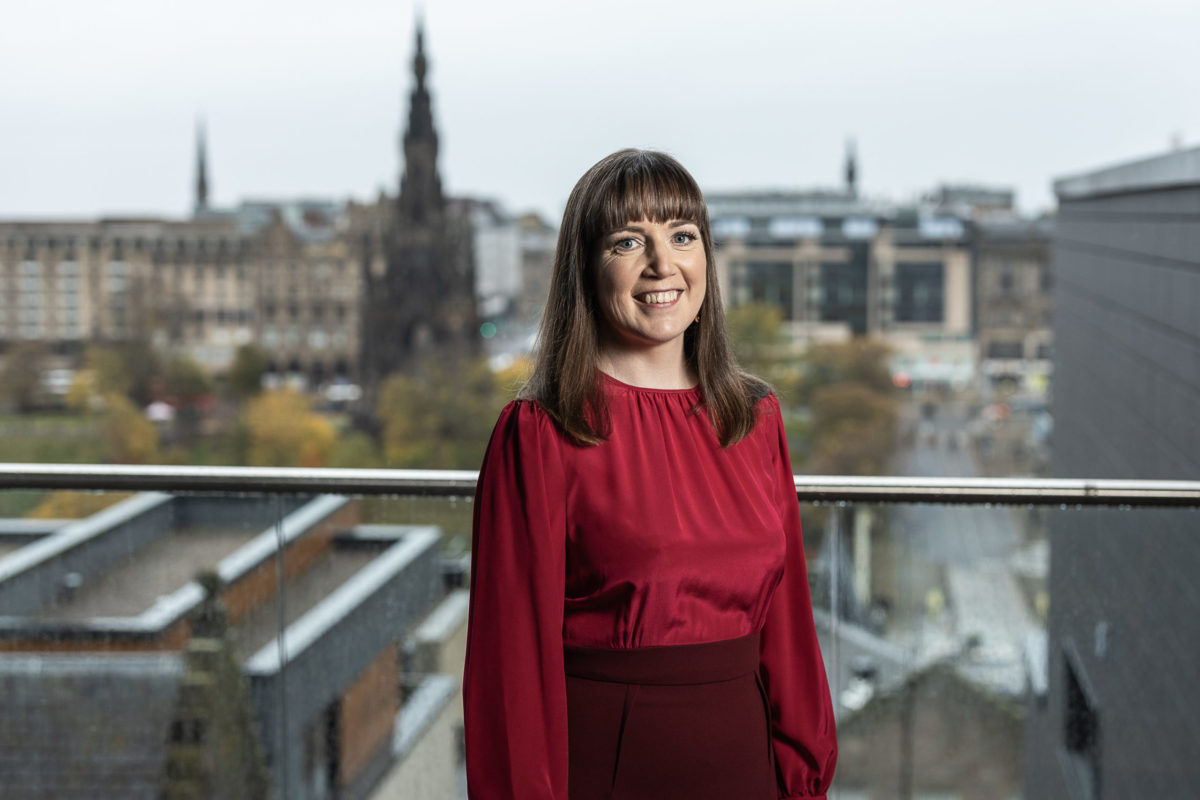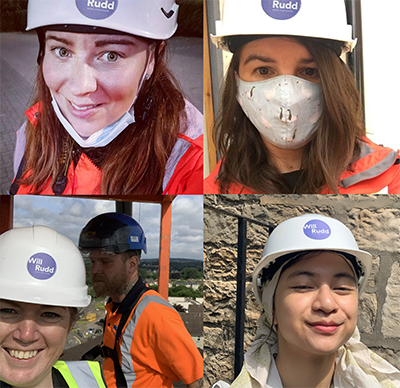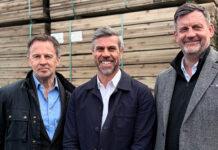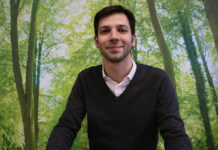
In the week that we celebrate Women in Engineering, Gillian Ogilvie, MD at Will Rudd Edinburgh looks at the many hats the women at the structural engineering practice are wearing.
I know the stereotypes that are often attached to engineers. Everything from being a boffin (some of us are) to being covered in dirt all day, every day in a pair of wellies (some of us are) to being an industry for old white men (some of us are). However, what I want to say about women in engineering is that we love our jobs, we are problem solvers, we are out and about building things, making things happen.
Thinking of our own engineering consultancy practice, however, these old-fashioned linear perceptions of the industry have largely fallen away. At Will Rudd, women are excelling at all levels of the business, fulfilling technically challenging roles across a wide (sometimes niche) range of engineering disciplines and sharing their expert knowledge and insight with both colleagues and clients.
In the run up to Women in Engineering Day, I thought it would be interesting to conduct a little vox pop of my female colleagues to get their take on what it’s like to be in engineering.
Irem Serefoglu is an experienced project engineer who recently joined the practice. Irem mentioned that she has worked in regions where women typically don’t go for technical jobs and that old prejudices can be encountered when working internationally. I smiled and nodded in agreement when she told me “It’s always fun to surprise people with your knowledge and technical skills.”
I wholeheartedly agree with project engineer, Nikki Devon Brannan Johnston, who has been with us for nine years, when she talks about the importance of finding the right professional networks for carving out a rewarding career in the industry.
Today women in engineering are so much better supported than when I started out. Informal professional networks and organisations like Women in Property and the Institution of Civil Engineers (ICE) do a great job in supporting women and encouraging them into the industry, and the benefits of getting involved in these and networking cannot be overstated.
Engineering undoubtedly makes for a rich and varied career with so many opportunities to grow and learn within a given role and to advance through the practice. A normal refrain I found when I asked colleagues to describe a typical day was that no two days were the same. Tracy Milne for instance, a senior engineering technician loves a good checklist for organising her day. This might involve undertaking surveys on site; writing up reports; drawing 2D and 3D layouts; or helping other technicians or engineers with technical queries on our drawing programs.
Nikki, on the other hand, could be out one day (or night) on a MEWP hanging over a bridge doing inspections, the next she could be crunching numbers doing hydraulic modelling.
All of the Will Rudd team get involved in varied projects. This is absolutely key to nurturing talent and honing technical skills. One of our newest recruits, for instance, graduate engineer Ira Abu Omar, like her colleagues, also experiences typically untypical days. Ira works in all types of projects, such as designing structures from steelwork, new builds, roof trusses and underground pipes.
I think I speak for all engineers when I say that a highlight of the job is seeing a project you have worked on come to fruition and knowing that it will be seen, used and even admired for years to come. And projects, really do come in all shapes and sizes. I myself have worked on Terminal 5 at Heathrow Airport — I am still very proud every time I travel through Heathrow to know that I contributed to it. More locally, at Will Rudd, I led the renovation of the Usher Hall.
My colleague Shirley Evatt, senior associate, who has been with the firm since the 90s has taken the lead role in so many ambitious and diverse projects. The more unusual ones that spring to mind include designing bases to support huge model giraffes; and redesigning steel trusses to make sure Concorde’s tail could fit inside an aircraft hangar. Shirley is now working on the multi-million-pound refurbishment project of the King’s Theatre in Edinburgh.
Was an engineering career the right choice for you? Would you recommend it to other women? Shirley, Nikki, Tracy, Irem and Ira all concur: Absolutely!
I agree with them and would say to the women and girls out there contemplating a career in engineering: Just go for it! There are not many jobs where you point out structures to other people and say, “I did that!”.









